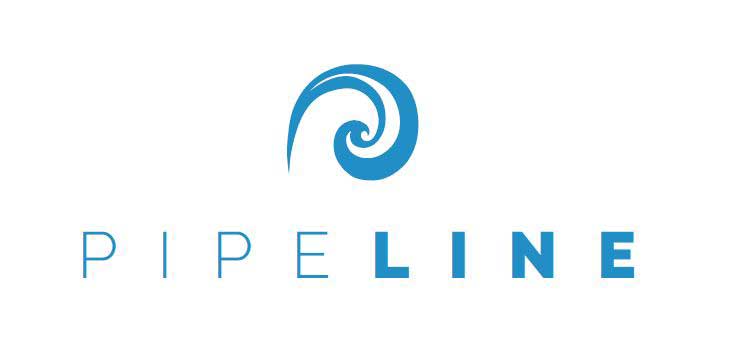We are actively recruiting patients and/or healthy volunteers to participate in clinical trials to evaluate our therapeutic candidates. If you believe you or someone you know might be a good candidate for our trials, we encourage you to reach out directly through the link below.
PIPE-791
In July 2023, we initiated a Phase 1, single-center, double-blind, placebo-controlled safety, tolerability, and PK trial of oral administration of PIPE-791 in healthy male and female volunteers aged 18 to 55 years under IND authorization.
The single ascending dose (SAD) phase of the trial consisted of eight subjects (six active and two placebo) per cohort up to four dose levels, with cohort doses ranging from 1 to 20 mg. The effect of food on the PK of PIPE-791 was also studied in a separate fed cohort (FED), who received 10 mg administered with both a standardized high fat breakfast and a fasted condition. The multiple ascending dose (MAD) phase consisted of eight subjects (six active and two placebo) per cohort with three planned dose levels. The first MAD cohort assessed 1 mg per day for seven consecutive days and the second MAD cohort assessed 3 mg per day for seven consecutive days. The third and final MAD cohort assessed 10 mg per day for 14 days.
To date, no dose-limiting blinded adverse events (AEs) or toxicities have been observed in the four SAD cohorts or three MAD cohorts. This Phase 1 trial completed dosing in January 2024 and will support both our IPF and Progressive MS programs described here.
For more information on our clinical trials, please visit ClinicalTrials.gov.
PIPE-307
PIPE-307 has completed multiple Phase 1 studies of PIPE-307 in healthy patients, including a single- and multiple-ascending dose study to evaluate safety and pharmacokinetics, and a PET study to determine the occupancy of brain M1 after a single dose of PIPE-307 in healthy volunteers. In these studies, PIPE-307 demonstrated linear pharmacokinetic (PK) data consistent with preclinical modeling and was generally well tolerated across all dose cohorts. Importantly, analysis of a battery of neuropsychological measures, including tests involving psychomotor, attention, learning, and executive function, were administered in the Phase 1 study. We did not observe evidence of any negative effect of PIPE-307 on aspects of higher cognitive function.
In November 2023, we initiated a Phase 2 randomized, double-blind, placebo-controlled, dose-ranging multi-center trial to evaluate the safety and efficacy of oral PIPE-307 as an adjunctive treatment in subjects with relapse remitting multiple sclerosis, referred to as the VISTA trial [NCT 06083753]. The six-month study will enroll approximately 168 subjects into one of three separate arms (1:1:1 randomization ratio, PIPE-307 10 mg: PIPE-307 20 mg: placebo). The co-primary objectives of the trial are to assess the safety of daily oral dosing of PIPE-307, and to assess the effect of six months of PIPE-307 on change in binocular 2.5% low contrast letter acuity (LCLA). The key secondary objectives include change in monocular LCLA, overall disability as measured by the Multiple Sclerosis Functional Composite, MRI measures of myelination (magnetization transfer ratio and diffusion tensor imaging), serum neurofilament light chain, and plasma population PK parameters.
For more information on our clinical trials, please visit ClinicalTrials.gov.
Reach Out to Us
For questions or comments, please reach out to us directly at info@contineum-tx.com.


